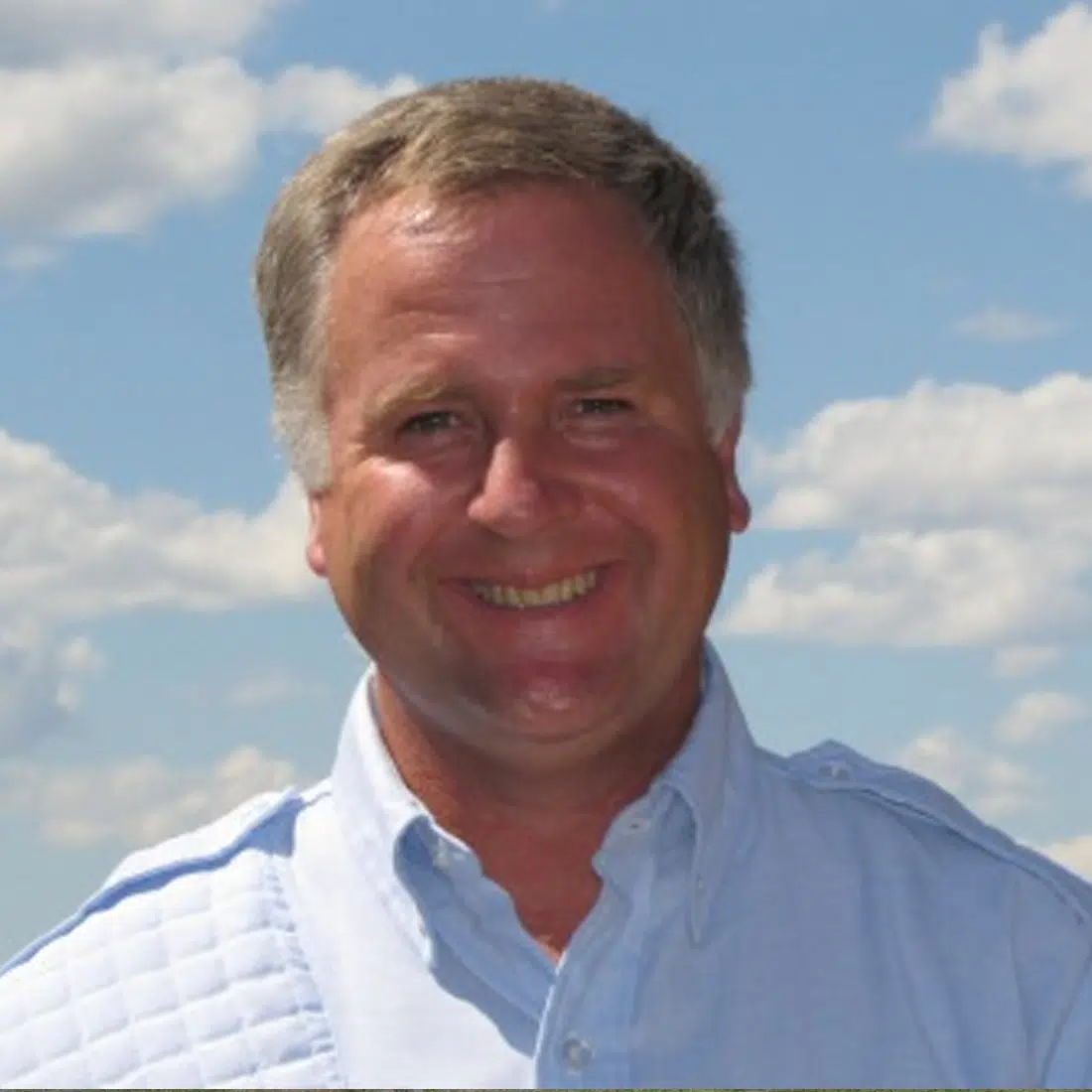By Matthias Blamont and Richard Lough
PARIS (Reuters) – French pharmaceutical company Valneva is open to production partnerships should its COVID-19 vaccine candidate secure approval and generate enough interest beyond Britain and the European Union, its chief financial officer said.
David Lawrence said the drugmaker was exploring an entry into the U.S. market for its vaccine, the only French shot close to entering late-stage human trials. Britain was due to receive the first doses produced in late September at the earliest, he said.
Valneva has signed a deal with Britain for up to 190 million doses by 2025 in a transaction worth potentially up to 1.4 billion euros ($1.69 billion). Lawrence said he expected talks with the European Union for a provisional 60 million doses to conclude “within the next few months”.
The company’s vaccine, which is derived from a licensed Japanese encephalitis vaccine, will be produced in Scotland, with an estimated capacity of 200 million doses next year. It will use an adjuvant made by U.S. company Dynavax.
“If it’s clear there’s going to be demand beyond Livingstone’s (Scotland) capacity, then we will think very hard about partnering in different regions potentially,” Lawrence told Reuters on Monday.
He did not say with whom the company might team up. Any partnership might involve both production and access to markets.
Countries worldwide are in a race against time to vaccinate their populations against a virus that has infected more than 106 million people globally and get their economies fully operational again.
Lawrence said Valneva had begun talks with a number of potential buyers in the summer. Orders by EU countries are made centrally through the European Commission.
“The UK moved very quickly,” he said.
In the United States, where vaccines developed by Moderna and Pfizer/BioNTech have been approved so far, top infectious disease doctor Anthony Fauci urged a quicker rollout on Monday.
“We were not in the race in the U.S. We are now thinking very carefully about how we can participate going forward,” Lawrence said.
Valneva was on track to deliver the results of its phase I and II trials by early April, Lawrence said. If successful, a phase III trial involving 4,000 subjects would start soon after at sites in Britain. This would likely involve a comparison against a proven vaccine rather than a placebo, he said.
Although the company was not advanced enough in trials to assess the efficacy of its vaccine on variants, Lawrence said its inactivated whole virus technique could easily be adapted.
“We feel we’ve got very close to plug and play if we wanted to adapt,” he said.
($1 = 0.8302 euros)
(Reporting by Matthias Blamont and Richard Lough. Editing by Jane Merriman)







